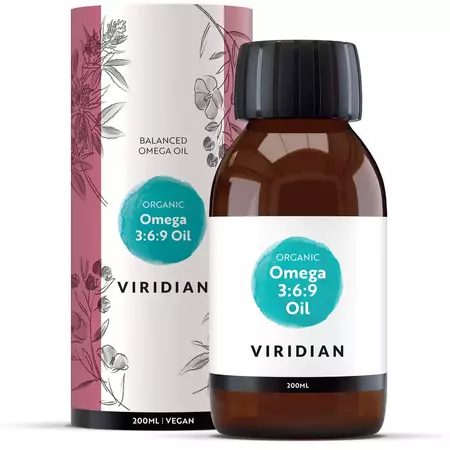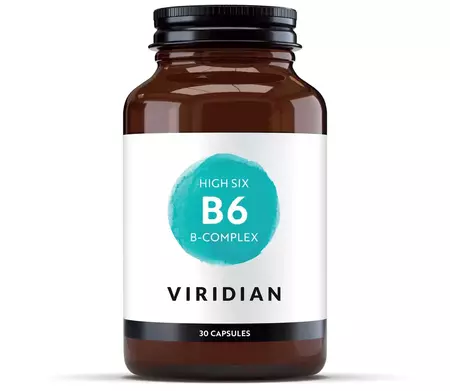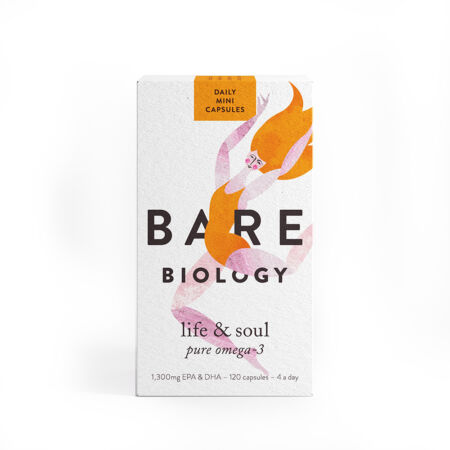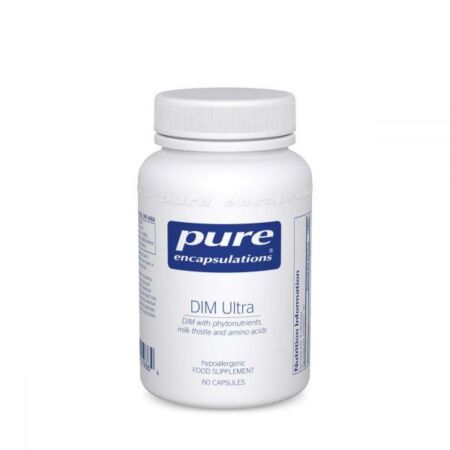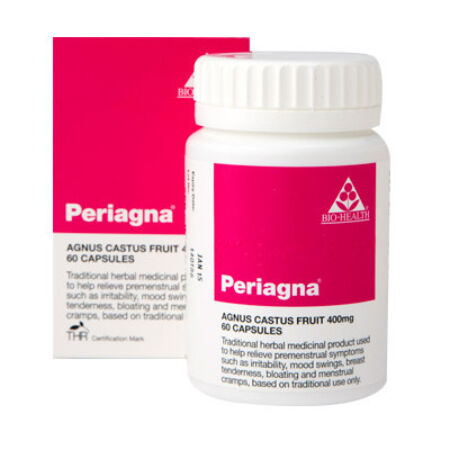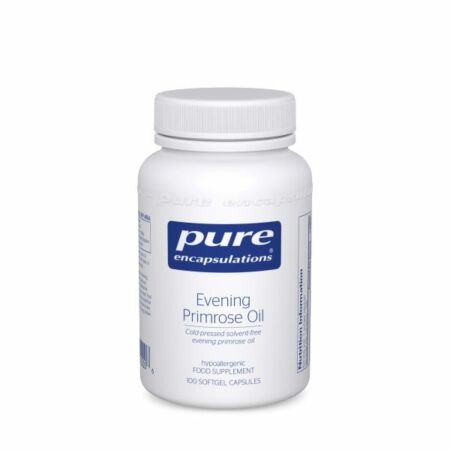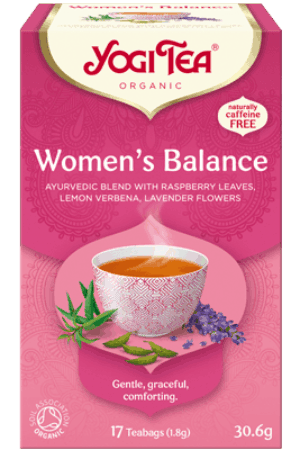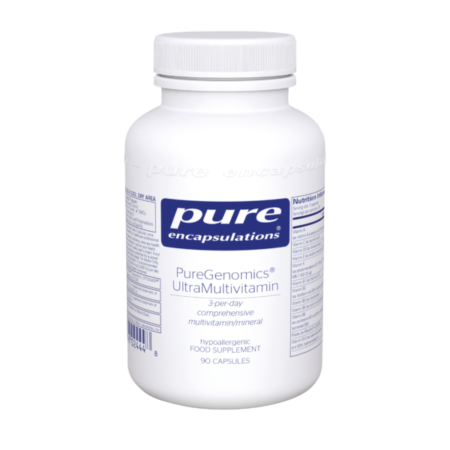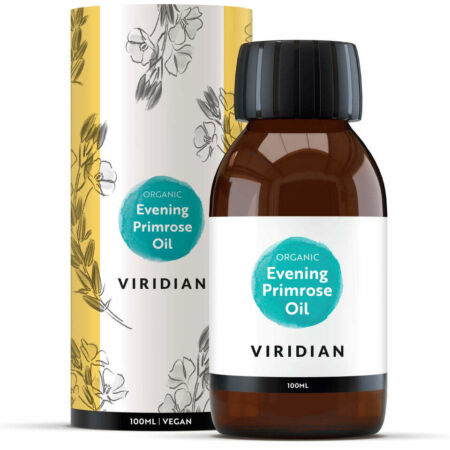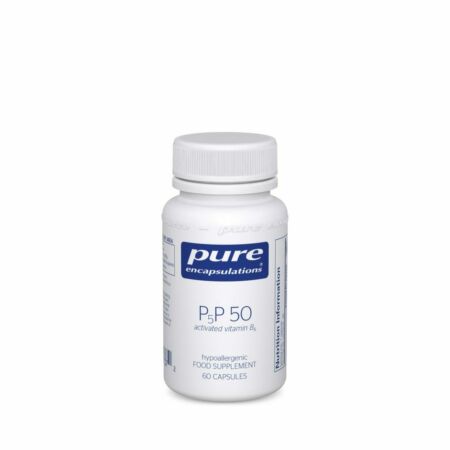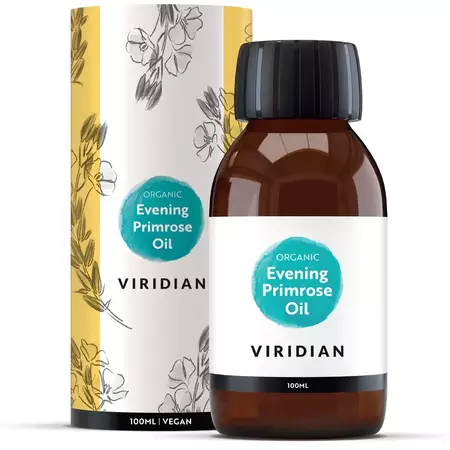Premenstrual Breast Swelling and Tenderness - Addressing hormonal imbalance through nutritional therapy, testing and supplementation has been proven to reduce these annoying symptoms of PMS.
What is premenstrual breast tenderness?
Premenstrual breast swelling and tenderness, or cyclical mastalgia, is a common symptom in those who menstruate. The symptom is part of a collection of symptoms called premenstrual syndrome (PMS). Premenstrual breast swelling and tenderness can also be related to fibrocystic breast disease, which is a term used to describe painful, lumpy breasts prior to the menstrual period due to non-cancerous collections of tissue. Those with this condition often notice large lumps in their breasts prior to their monthly periods. These lumps can be differentiated from breast cancer as fibrocystic growth in the breast may move when pushed on, and typically shrink once your period has ended.
PMS-related breast soreness can range in severity and symptoms often peak just before menstruation begins, then fade during or immediately following a menstrual period. Most of the time, the symptoms are not to worry about other than causing discomfort. Addressing hormonal imbalance through nutritional therapy, testing and supplementation has been proven to reduce these annoying symptoms of PMS. Nonetheless, whenever you are worried about changes in your breasts, consult your doctor. Sore breasts may also be a symptom of menopause and a variety of health conditions.
What are the likely causes of premenstrual breast swelling and tenderness?
Fluctuating hormone levels account for most episodes of premenstrual breast swelling and tenderness. Sex hormones rise and fall during a normal menstrual cycle. The exact timing of the hormonal changes varies for each person due to varying lengths in the follicular and luteal phases. Oestrogen as a hormone instructs the breast ducts to enlarge. Progesterone production also causes the milk glands to swell. Either or both of these events simultaneously can cause your breasts to feel sore.
Oestrogen and progesterone both increase during the second half of the cycle — days 14 to 28 in a “typical” 28-day cycle, this is known as the follicular phase. Oestrogen peaks in the middle of the cycle, while progesterone levels rise during the week before menstruation, this is often referred to as the luteal phase.
Medications that contain oestrogens, such as hormonal replacement therapy (HRT) or hormonal contraception can also cause breast changes such as tenderness and swelling.
Tenderness and heaviness in both breasts are the main symptoms of premenstrual pain and swelling. Aching pain in the breasts can be problematic for those who experience it. In these cases, breast tissue may feel dense or coarse to the touch. Severe breast pain is not often experienced as a symptom of PMS. Symptoms tend to appear the week before your period and disappear almost immediately when menstrual bleeding begins.
That said, breast pain and tenderness is not always necessarily connected to the menstrual cycle.
Due to the natural change in hormone levels that occur due to ageing, premenstrual breast swelling and tenderness usually improve as menopause approaches. The symptoms of PMS can closely resemble those of early pregnancy; learn how to distinguish between the two. But remember, these differences are subtle and vary from woman to woman.
When is it common to feel breast pain other than before your period?
Your breasts during early pregnancy may feel sore, sensitive, or tender to the touch. They may also feel fuller and heavier. This tenderness and swelling will usually happen one to two weeks after you conceive, and it can last for a while as your progesterone levels rise due to your pregnancy.
When is breast tenderness or pain a cause for concern?
Please see your doctor if you notice:
Sudden breast changes - While most premenstrual breast pain and swelling is harmless, these symptoms could be warning signs of infection or other medical conditions. Contact your health provider if you notice:
- New or changing breast lumps
- discharge from the nipple, especially if discharge is brown or bloody
- breast pain that interferes with your ability to sleep or perform daily tasks
- unilateral lumps, or lumps that occur only in one breast
Your doctor will perform a physical examination, including a breast exam, and will ask for more information about your symptoms. Your doctor may ask the following questions:
Have you noticed any discharge from the nipple?
What other symptoms (if any) are you experiencing?
Does breast pain and tenderness occur with each menstrual period?
Diet, lifestyle and supplement recommendations to help breast tenderness
To support the liver: Reduce alcohol intake to support the liver and do not smoke. Sleep support supplements include: valerian, Night Time by Pukka and Dormesan
Prioritise sleep: 7-9hrs. Poor sleep habits, insomnia, and sleep deprivation have been shown to cause changes in key hormones that affect the menstrual cycle. Elevations of follicle-stimulating hormone (FSH) have been found in night workers and those who sleep during the day and are up at night. High levels of FSH are a sign of poor ovarian reserve and possibly advanced ovarian aging.
Get some beneficial movement in your routine: Exercise is different for everyone, but it’s important to get endorphins flowing
Fibre: Eat a high-fibre diet, and eliminate inflammatory fats such as refined seed oils.
Limit caffeine: Some studies have shown that people have less breast pain when they skip caffeine or reduce the amount they consume[i].
Beneficial vitamins: Increase vitamin B6 and vitamin E. Both vitamins have been shown to help reduce breast pain. Vitamin E also protects your breasts from free radical damage that can destroy cells[ii].
Evening primrose oil: Evening primrose oil is an excellent source of essential fatty acids, and fatty acid imbalance has been linked to breast pain. In fact, evening primrose oil is sometimes used to address premenstrual syndrome (PMS)[iii]. In the same way flaxseed may also be helpful.
Ensure your bra fits properly: One of the most common causes of breast pain not associated with menstrual cycles,is a poorly fitted bra. Try your bra on at the store, and get help from an experienced fitter. Make sure the bra you choose is supportive and comfortable, and if you’re working out or playing sports, wear a good-quality sports bra.
Limit sodium (salt) intake. Salt can cause fluid retention, which has been linked to breast pain[iv][v].
Other tips:
Schedule your mammogram the week after your period. Before or during your period, your breasts may be more sensitive.
Testing options for breast tenderness
Testing with us: Get in touch with us if you would like to discuss what testing and nutritional therapy consultations can do for your health.
Testing - DUTCH Test:
For finding hormonal patterns and links to female health concerns, the Complete Hormone Panel - DUTCH Test, is a comprehensive, accurate and non-invasive test. The majority of women are often not aware that they are suffering from a hormonal imbalance, presenting with symptoms such as abnormal menstruation (heavy/painful periods), PMS, headaches, decreased sex drive, bloating, mood swings, fatigue, anxiety & depression, breast tenderness, endometriosis, fibroids, and hormonal weight gain. The DUTCH test tests reproductive and adrenal hormones as well as melatonin and oxidative stress.
The DUTCH test stands for Dried Urine Test for Comprehensive Hormones and involves a collection of a small amount of urine on filtered paper four times a day. The DUTCH TEST measures hormone metabolites from the dried urine samples. The hormones measured in the test include:
• Cortisol
• Cortisone
• Oestradiol
• Oestrone
• Oestriol
• Progesterone
• Testosterone
• DHEA
• Melatonin
The test is an excellent measure of your personal hormonal situation and can be used as a guide to direct nutritional therapy. If you'd like to chat more about this or your personal situation please call or email us.



